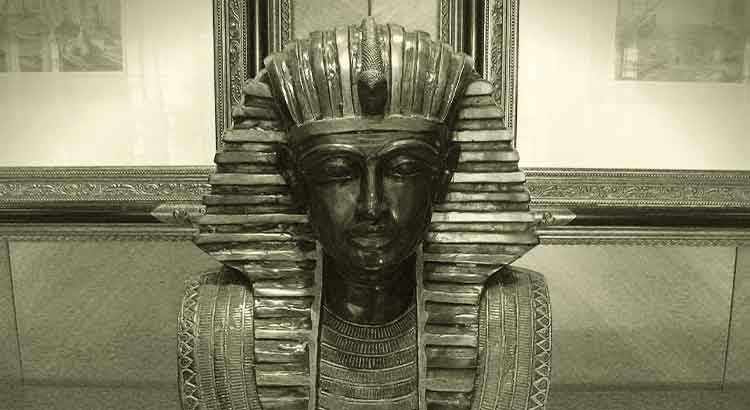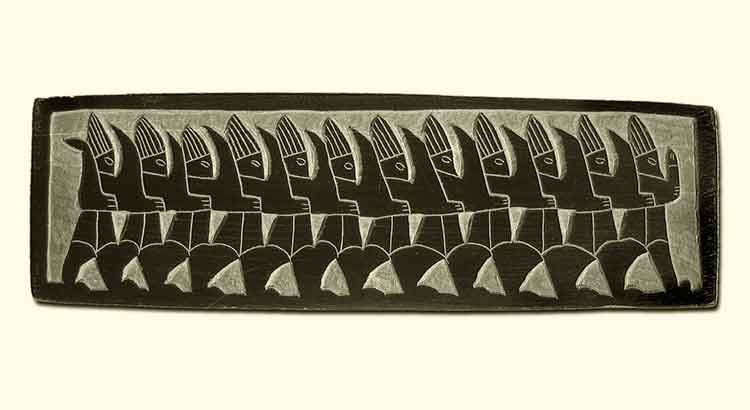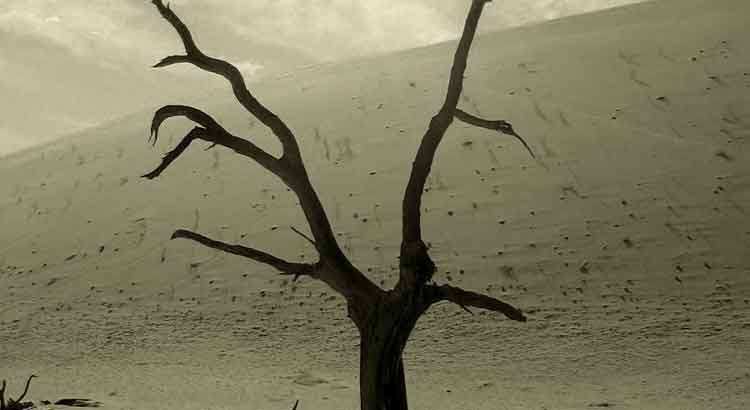A fellow who is regularly whipped is overcome with joy whenever the whipping ceases. He rejoices many, many times during his life. He learns, by force, to be grateful and to value the moments that stand out in the face of his natural condition. But a king… how to please him? It is not possible: a king can never be happy. A king has everything, except what he wants, and what he wants is the full satisfaction of his desire, which has no limits. Reasoning in this way leads to two conclusions: first, that joy requires a positive contrast, and second, that desire makes it impossible. In a king, any positive contrast is not possible, since his condition never changes significantly for the better. As for desire, he must be a Marcus Aurelius, or, exactly as any human being in his condition would be, he is forced to watch it inflate him with an insistent and invincible disgust.
Tag: philosophy
Being Cultured Involves Understanding That the World Is Old, Vast and Plural
Being cultured involves understanding that the world is old, vast, and plural. It involves seeing that civilization did not begin in the last century, that there are countries and not just one country; there are religions, literatures, peoples, languages, cultures, morals, idols, traditions… There are multiple assimilations of reality, contrasting and often opposing habits. There are climates, geographies, histories… In short: being cultured involves understanding that the world goes beyond one’s own navel—something rare to see…
The Optimist Lacks a Sense of Humor
The optimist lacks, above all, a sense of humor. If he smiles, he does so as long as his “convictions” are not attacked. He is often nothing but a fanatic, an apostle of belief in a bright future, incapable of making fun of his repeated failures. It seems paradoxical to sprout humor from pessimism, but it is only appearance: pessimism springs from reasoning, and humor from the modesty imposed by conclusions on the intellectually honest. The optimist does not laugh at himself—therefore, he generally does not know how to think. The experiment is very simple: ridicule, for fun, a guy who claims that the future holds a huge pot of gold for him—immediately his veins will throb with anger. Make similar to a pessimist: call him a grouch, a vulture, or a complainer—and naturally a broad smile will break out on his face.
Everything That Is Alive Dies…
Buddhists have understood the mechanics of this world, where everything that is alive dies, albeit slowly, albeit in disguise through an inevitable cycle. Impresses that it is so difficult to face death as a natural and necessary episode. Putting stones on the past: this is the rare virtue, also called maturity, which is nothing but the ability to accept the present. Everything is always in movement, every state is necessarily transitory, what lives today will die, and what was is not…



